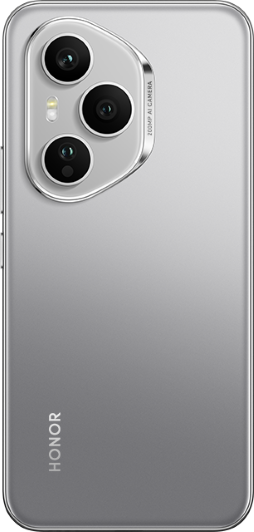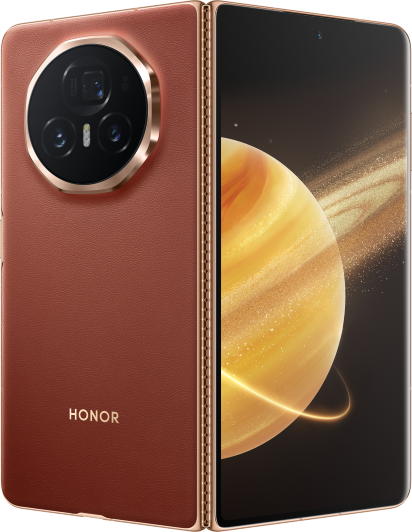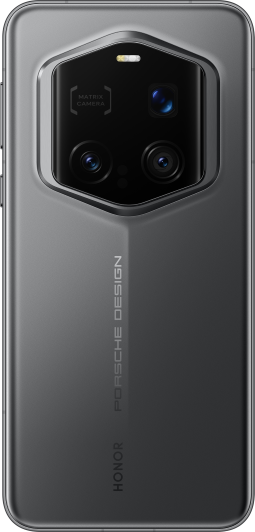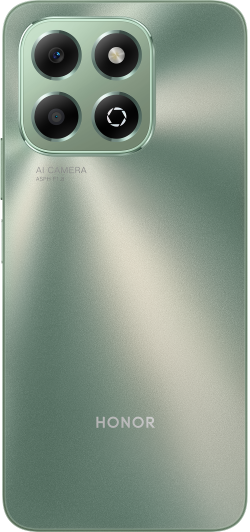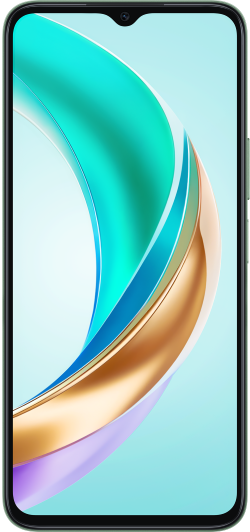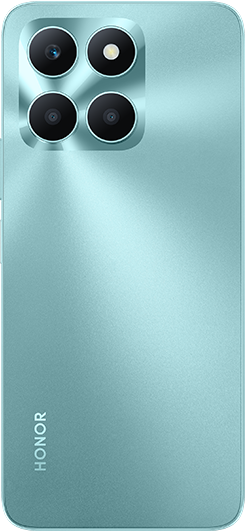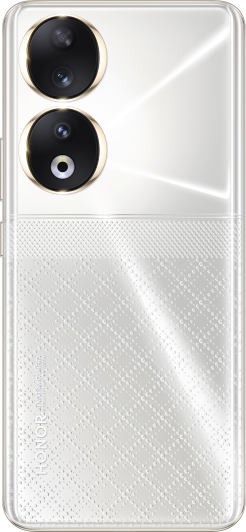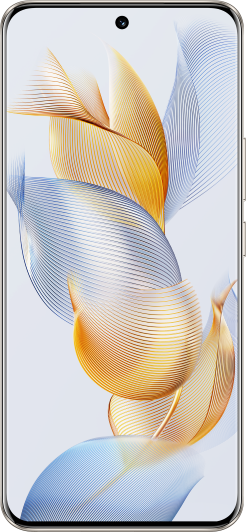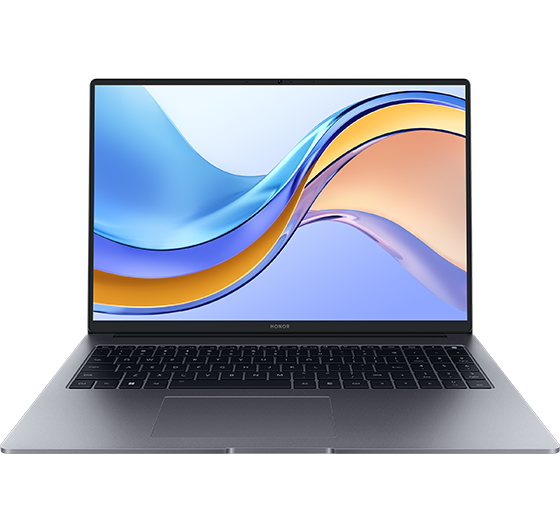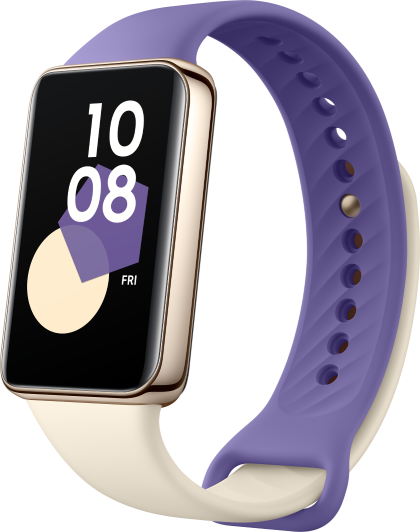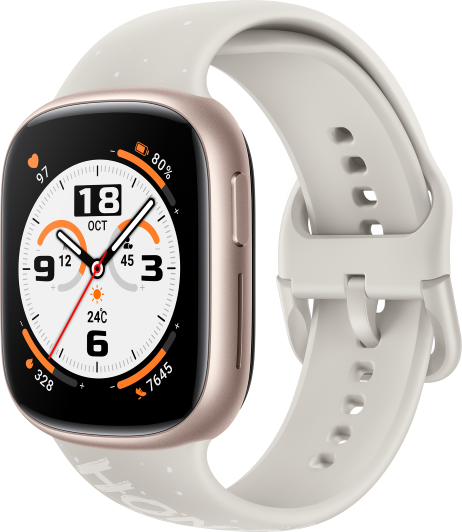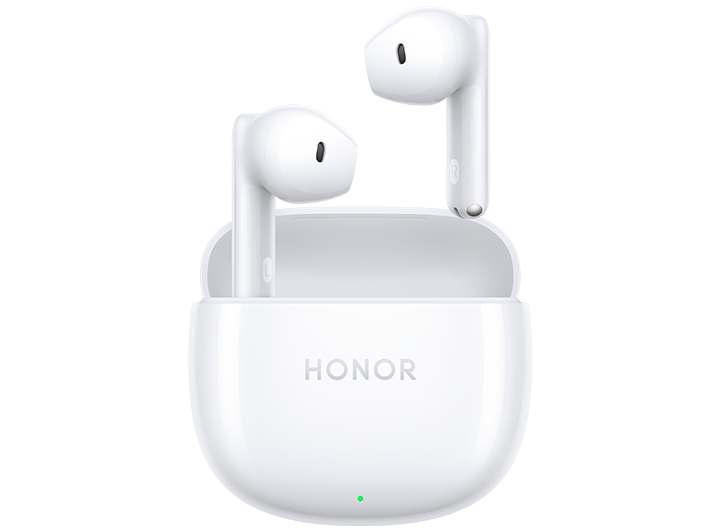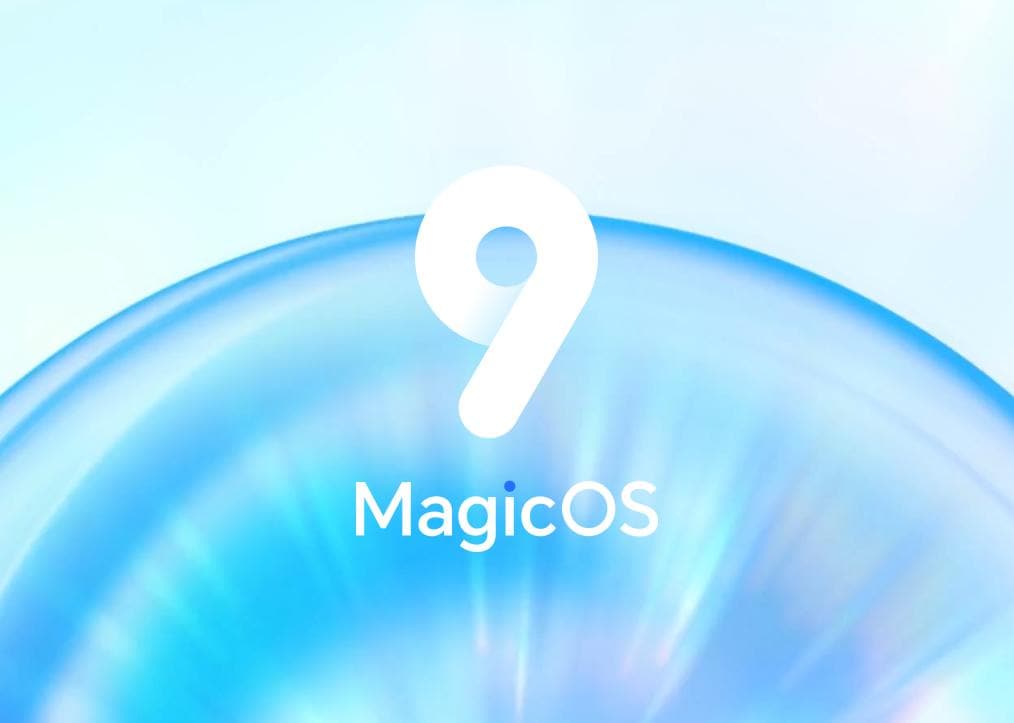TOP

我的荣耀 开启荣耀之旅
To log in to your account, you must first agree to the HONOR PLATFORM TERMS OF USE. If you do not agree, you may only browse the site as a guest.
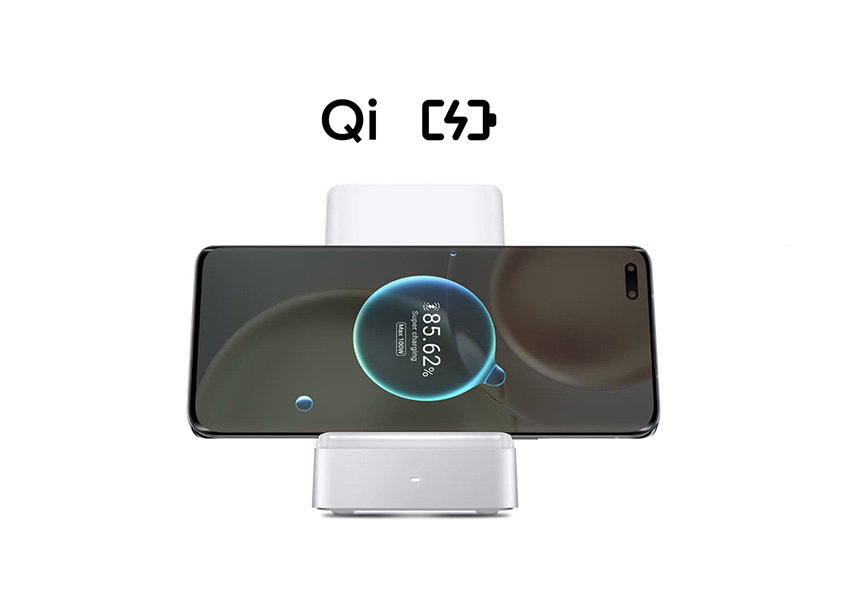
Exploring What Are Qi Enabled Devices for Wireless Charging
Technology constantly evolves to make our lives more convenient and interconnected. Qi-enabled devices stand out as a remarkable innovation in the realm of wireless technology, offering a seamless, cable-free charging solution that epitomizes efficiency and simplicity. This comprehensive guide delves into the world of Qi-enabled devices, unravels the mysteries about what are Qi enabled devices, sheds light on their functionality, and explores the myriad advantages they bring to the table. Read on to learn more!
What Is Qi?

Qi, pronounced "chee," is a global standard for wireless charging, developed by the Wireless Power Consortium (WPC) in 2008. It facilitates the transfer of electrical power over short distances without the need for wires. The inception of Qi marked a significant leap forward in wireless technology, offering a universal charging solution for a wide range of devices including smartphones, tablets, and wearable gadgets. This groundbreaking innovation not only enhanced convenience by eliminating the clutter of cables but also set the stage for a more interconnected and efficient future in the realm of personal electronics.
How Does Qi Charging Work?
Wireless charging through the Qi standard operates on the principle of electromagnetic induction, a process facilitating the transmission of power from a charging pad to a Qi-enabled device without the need for physical connections. This technology involves two essential components: the transmitter (charging pad) and the receiver (Qi-enabled device).
The charging pad, or transmitter, incorporates a coil that generates an alternating magnetic field when an electric current flows through it, typically utilizing alternating current (AC) power. When a Qi-enabled device is positioned on the charging pad, it acts as the receiver and houses another coil called the receiver coil.
As the receiver coil nears the transmitter coil, the alternating magnetic field induces an electric current in the receiver coil through electromagnetic induction. This current is then utilized to replenish the device's battery.
The communication between the charging pad and the Qi-enabled device relies on magnetic resonance coupling. The transmitter coil produces a magnetic field that resonates with the receiver coil, ensuring an efficient power transfer between the two coils. For optimal power transfer, Qi charging technology employs resonant inductive coupling. This technique synchronizes the resonance frequencies of the transmitter and receiver coils, maximizing the efficiency of power transmission.
Upon placing the Qi-enabled device on the charging pad, the charging process initiates automatically. The device's battery begins recharging, and users can track the progress through the device's display or other visual indicators.
It's essential to note that Qi charging necessitates direct contact between the device and the charging pad. In some cases, it may work through very thin cases or charging stands. However, objects that are too thick or contain materials like metal can interfere with the charging process, diminishing its efficiency.
Benefits of Qi Charging

Qi wireless charging offers several benefits that enhance the user experience with electronic devices:
1. Less Clutter: Qi charging brings the advantage of a clutter-free environment by eliminating the need for multiple charging cables and adapters. With traditional wired charging, managing multiple devices often leads to a tangled mess of cords. Qi charging pads provide a streamlined and organized space, reducing visual and physical clutter.
2. No Wire Damage: One of the common issues with traditional charging cables is wear and tear, leading to fraying or damage over time. Qi charging eliminates the wear on charging cables since there is no direct physical connection between the charging pad and the device.
3. Simplicity and Convenience: Qi charging offers a user-friendly and straightforward charging experience. Users can charge their devices by simply placing them on the charging pad without dealing with connectors or aligning charging ports.
4. Cross-Compatibility: Qi charging has become a widely adopted standard, making it compatible across various devices and brands. This cross-compatibility allows users to use the same charging pad for different Qi-enabled devices, fostering a more universal and standardized approach to wireless charging.
5. Safety: Qi charging technology incorporates safety features that contribute to a secure charging process. The absence of exposed charging ports reduces the risk of electrical accidents, and the technology often includes temperature controls and overcharge protection mechanisms.
How to Check If Your Smartphone Is Qi Enabled?

As we delve deeper into the world of wireless charging, you might be wondering, "What phones are Qi enabled?" It's essential to know whether your smartphone supports this innovative technology. In this section, we'll walk you through some straightforward steps to check if your smartphone is Qi-enabled:
• Check the Manufacturer’s Website
Visit the official website of your smartphone’s manufacturer and look for information regarding wireless charging or QI compatibility. Manufacturers often provide detailed specifications and features of their devices.
• Check the User Manual
Consult your smartphone’s user manual, either in physical or digital form, to find details about wireless charging capabilities. Look for sections related to charging options or wireless charging compatibility. The user manual is a comprehensive resource for understanding the features of your device.
• Check the Settings Menu
Navigate to the settings menu on your smartphone and explore sections related to charging or power settings. Some phones may have a specific setting to enable or disable wireless charging. The presence of such an option in the settings menu indicates that your device is QI enabled.
• Look for QI Logo or Features
Examine the physical design of your smartphone, checking for a QI logo or mention of QI charging on the packaging or back panel. Some devices may explicitly list wireless charging as a feature in the settings or features section.
• Use a Compatibility Checker Online
Various online resources and websites list Qi-enabled devices. These sites can be a quick way to check if your smartphone model is compatible. Simply search for "What are Qi enabled smartphones" and look for reputable sites that provide a comprehensive list.
• Try a Qi Charger
If you have access to a Qi charger, you can test your phone by placing it on the pad. If the phone starts charging, it supports Qi wireless charging.

Overall, checking if your smartphone is Qi-enabled is a simple process that can unlock the convenience of wireless charging. Speaking of which, the HONOR Magic5 Pro is a perfect example of this technology's potential. Equipped with a 5100mAh battery, it boasts 50W wireless charging, allowing for exceptionally quick power-ups. With the HONOR Magic5 Pro, you step into a world where fumbling with cables is a thing of the past, and you experience the sheer ease and speed of cutting-edge wireless charging.
Conclusion
Qi charging has undoubtedly revolutionized the way we power our devices and knowing what are Qi enabled devices makes a good difference. The seamless and cable-free experience it offers, as exemplified by various devices has made it a preferred choice for many users. As the technology continues to evolve, we can expect Qi will be more widely adopted and integrated into various electronic devices.
FAQ
Are all phones Qi enabled?
No, not all phones are Qi-enabled. Qi wireless charging is a specific technology that requires a phone to have the necessary hardware, typically in the form of a built-in inductive charging coil. While many newer smartphones, particularly mid-range to high-end models from major brands, support Qi wireless charging, it's not universal across all devices. Entry-level phones and older models often lack this feature.
How do I know if my wireless charger is Qi certified?
To verify if your wireless charger is Qi-certified, check for a certification ID number, which is assigned to products that meet the Qi standard established by the Wireless Power Consortium. This ID is a mark of compliance with safety and interoperability standards. The most reliable method to confirm Qi certification is to search for your wireless charger in the Wireless Power Consortium's Product Database. If your charger is listed there, it signifies that it has undergone stringent testing and conforms to the Qi standard, ensuring compatibility and safety with Qi-certified devices.
What is the difference between Qi and wireless charging?
Qi wireless charging is a specific type of wireless charging technology. Wireless charging, as a broader term, refers to any method of charging a device without the use of physical connectors or cables, and it can be based on various technologies like inductive, resonant, or radio frequency (RF) charging. Qi, developed by the Wireless Power Consortium, is the most widely adopted standard for inductive wireless charging. It uses inductive charging technology, wherein power is transferred through electromagnetic induction between two coils. While Qi is a form of wireless charging, not all wireless charging systems adhere to the Qi standard.
Source: HONOR Club

Subscribe To Our Newsletter - Discover HONOR
Please accept HONOR Platform Privacy Statement.
By entering your WhatsApp number, you agree to receive commercial information on WhatsApp about HONOR products, events, promotions and services. For more details, please see our privacy policy.
Please accept HONOR Platform Privacy Statement.
I agree to receive the latest offers and information on HONOR products, events and services through third-party platforms (Facebook, Google). I may withdraw my consent at any time as indicated in the Privacy Statement.
Contact

Mon-Sat: 09:00 – 18:00. (Except on national holidays).
Third Floor, 136 George St., London, W1H 5LD, United Kingdom.
Copyright © HONOR 2017-2025. All rights reserved.







